
views
One of the more anticipated movies at the ongoing 75th edition of the Venice Film Festival was Mike Leigh's Peterloo. And why not? Leigh has been a master moviemaker with powerful works such as Naked, Secrets and Lies, Vera Drake and Mr Turner. They were brilliant studies of human behaviour and social patterns. But little did I know when I walked into his Competition entry and Amazon original, Peterloo, on Friday evening that disappointment would hit me.
It is historical story about the August 1819 Manchester massacre, when British mounted policemen and cops on foot stormed a huge gathering of men, women and children that had assembled at St Peter's Fields to listen to a speech by a political reformer, Henry Hunt.
In a way, it reminded me of British General Dyer's atrocity on peaceful Indians who had assembled at the Jallianwala Bag a hundred years later in 1919 on Baisakhi Day. They were protesting against the arrest of two nationalist leaders – Satya Paul and Saifuddin Kitchlew. Nearly 400 people died in the firing that Dyer had ordered.
In Manchester, only 15 people were killed, probably because the policemen had used swords and not guns.
But the British Press was livid and called it a carnage, and the tragedy proved to be a defining moment in British history. As the historian, E.P. Thompson, noted, "The moral consensus of the nation outlawed the riding down of an unarmed crowd."
Leigh tackles this brutality in his latest film. But at 154 minutes, Peterloo turned out to be utterly boring. The buildup to the actual attack in Manchester seemed never-ending with the whole thing being verbalised, and not quite visualised.
Manchester has no representation in British Parliament, and the people there are angry that their problems go unattended, and the region has remained neglected for years. Adding to this disenchantment is an unfeeling queen, and the people begin to wonder why they ought to be paying taxes to feed the insanely rich lifestyle of the royalty and the Government Ministers. Encouraged by the French Revolution, the men in Manchester affirm that there can by no taxation without representation.
Peterloo starts four years after the Battle of Waterloo, and there is nothing much about Napoleon or Wellington. Instead, Leigh focuses on Joseph, a traumatised soldier who returns home in Manchester, where he finds poverty and suffering staring at him and his family. To add insult to this injury, Parliamentarians are voting to give a huge sum of 750, 000 pounds to Lord Wellington for his heroics at Waterloo.
Although, Leigh's canvas has scores of characters, I would have expected him to fill them out, but they seem so very sketchy. Even the buildup to the actual massacre appears insipid. Leigh certainly fails to get our adrenaline levels up, and what we get instead is a series of conversations in Manchester and in London that involves not only the politically aware, but also the wily Home Secretary, Lord Sidmouth.
It is in the last 30 minutes or so that the screen lights up with a trace of excitement as we see the cavalry charging into the crowd, which had assembled just minutes before. This sequence is well done, and we can see that Leigh has had a bigger than usual budget this time. Thanks to Amazon.
Leigh is a holy cow in Britain, and nobody would like to criticise him, although some British journalists here at Venice felt that Peterloo was awful. In a Press conference which followed the screening the other day, most journalists settled for asking mundane questions to Leigh and exchanging pleasantries with him.
For Leigh, the legacy of the massacre is clear. “The two things that come out of any research into are that it was an inspiration for radical movements and it scared the s–t out of the authorities,” he said at the conference. But his film has a wider relevance. “It’s about voices being heard. And with the rise of the far right all over the place, and the results of democracy – which you see in the U.K. with Brexit and in the States with the election of Trump – it calls all kinds of things into question, about truth, and how people express themselves. I find it difficult to draw straight, cartoon-like political parallels. But you can see that – in terms of people’s needs, the haves, the have-nots, the people with power and the people who don’t have power – it resonates across the board.”
(Author, commentator and movie critic Gautaman Bhaskaran has covered the Venice film Festival for over 15 years)











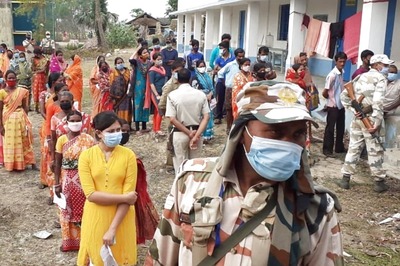

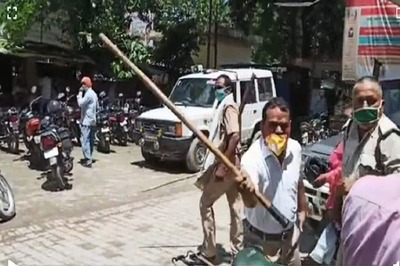
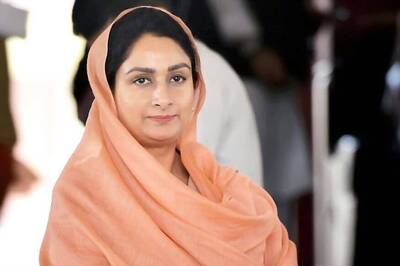

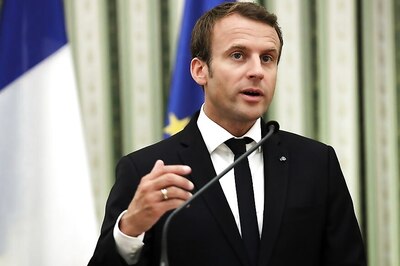
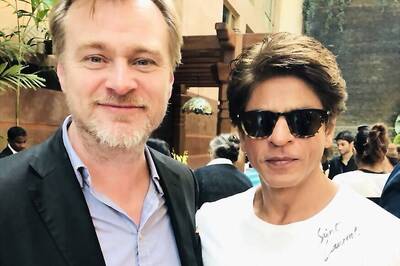

Comments
0 comment